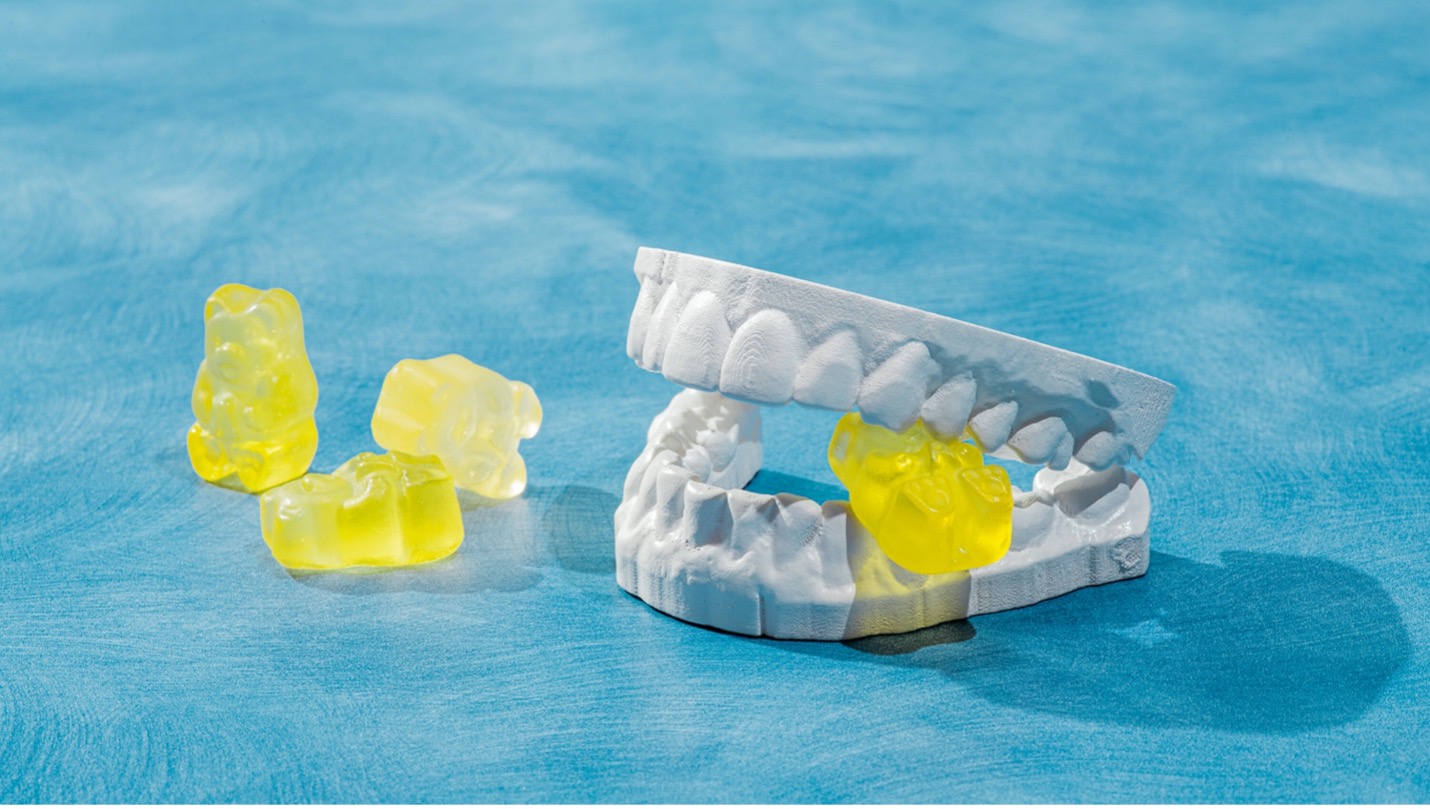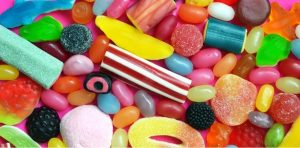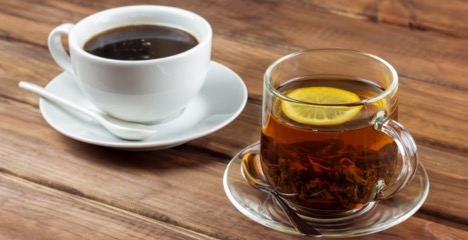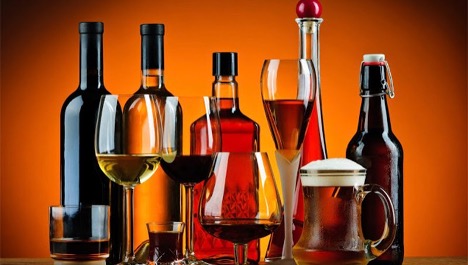As the saying goes, “You are what you eat”. Millions of Americans work on improving their outward appearance through dieting, but far fewer consider how they may be affecting their smile by eating certain foods.
This is because many of the foods and beverages we consume on a regular basis can cause plaque build-up, which may create serious consequences for the health of your teeth.
Over 700 species of bacteria live inside our mouths – some are helpful, and others are harmful. The harmful bacteria break down sugars from foods and drinks and turn them into acids, which can pull essential minerals from your teeth and lead to oral health problems like cavities.
How can you prevent acids and plaque build-up from wreaking havoc on your teeth and your smile? Aside from brushing your teeth at least twice a day, flossing, and visiting your dentist regularly, you should do your best to avoid or limit certain foods and beverages.
Here’s a look at some of the worst offenders, along with a few tips on how to combat the damage they do to your teeth.
Hard or Chewy Candy
If you have a sweet tooth, it’s important to keep in mind that candy – particularly the sticky, chewy kind – can wreak havoc on your teeth and gums. Candies tend to get stuck in between the teeth where they often stick around for a while. Gummies, caramels, and similar treats tend to cling to your teeth, giving bacteria ample time to get their own sugar fix. It’s harder for your saliva to wash away these stubborn sugars, which leads to a build-up of bacteria that can cause cavities, tooth decay, or gum disease.
Unfortunately, hard candies should also be avoided. Because they dissolve more slowly, your mouth is saturated in their sugars for longer, allowing bacteria to create damaging acids.
Can’t resist eating sweets? Try to enjoy them after a meal instead of in between meals, drink water to flush out your mouth, and brush your teeth if possible after indulging.
Soft Drinks
Drinking soda is essentially a sugar bath for your teeth. Sugary beverages like soda contain acidic properties that can eat away at your tooth enamel. Diet soft drinks, commonly thought to be safer on teeth, will compromise your oral health just as quickly.
In fact, all carbonated beverages contain acids that wear away at the enamel of your teeth. Many carbonated drinks also contain dark dyes, which can stain your teeth and cause discoloration. Soda also dehydrates the body, affecting your body’s production of saliva.
If you’re a diehard soda drinker, there are a few things that you can do to mitigate some of the damage to your teeth:
- Drink through a straw to keep as much of the soda’s sugars away from your teeth as possible.
- Limit soda to mealtimes (when your mouth produces more saliva).
- Rinse your mouth with water after drinking soda to help wash away some of its acids and sugars.
Lastly, when you do drink a soda, make sure to wait 30-60 minutes before brushing your teeth: the soda’s acids make your enamel more vulnerable to abrasion.
Coffee and Tea
Many of us start our day with at least one cup of coffee or tea, which is a routine that isn’t necessarily detrimental to your oral health. However, if you’re adding sugar to your morning coffee, you may be doing damage to your teeth and gums. Coffee and tea also have high staining potential: If you drink several cups of coffee or tea each day, you may be staining your teeth and drying out your mouth.
If you’re among the millions of Americans who consume coffee or tea on a regular basis, be sure to drink plenty of water as well, and avoid sugary add-ins as much as possible.
Citrus
Fruits like oranges, grapefruits, and lemons are packed with healthy vitamin C and can be tasty as juices too. But their acid content can erode enamel and leave your teeth more vulnerable to decay. Even squeezing lemon or lime juices into your water adds acid.
Acids from citrus can also be bothersome to mouth sores.
If you want to get your dose of antioxidants through citrus fruits and juices, you can minimize damage by eating and drinking them in moderation at mealtime and rinsing with water afterward.
Alcohol
You may know from first-hand experience that drinking red wine can lead to embarrassing stains on your teeth. But it’s also important to consider that the low pH levels and acidity in all alcohol form a damaging combo that attack the health of your mouth.
Just as with soft drinks, wine, beer, and other types of alcohol sap your body of water. Alcohol inhibits regular salivation and dries out your mouth, making it more difficult for your body to clean up residues clinging to your teeth. Your saliva serves a very important purpose in keeping your teeth healthy: It helps prevent bacteria from sticking to your teeth, washes away food particles, and can even help repair early signs of tooth decay, gum disease, and other oral infections.
When you’re drinking alcohol, try to eat something with a higher pH level to help balance out the acidity. Wine and cheese, for example, are excellent complements since they not only pair well together, cheese also helps neutralize acidity in your mouth.
Keep your mouth hydrated when you consume alcohol by drinking plenty of water as well. Your mouth – and the rest of your body – will thank you for it!
Want to learn more about how to keep your smile bright and healthy? Dr. Michael E. Sullivan and our friendly Elmhurst dental team are happy to answer any questions you may have about improving or repaired your oral health!
Give us a call at 630-530-0770 or contact us online to schedule a free consultation about how we can help.






